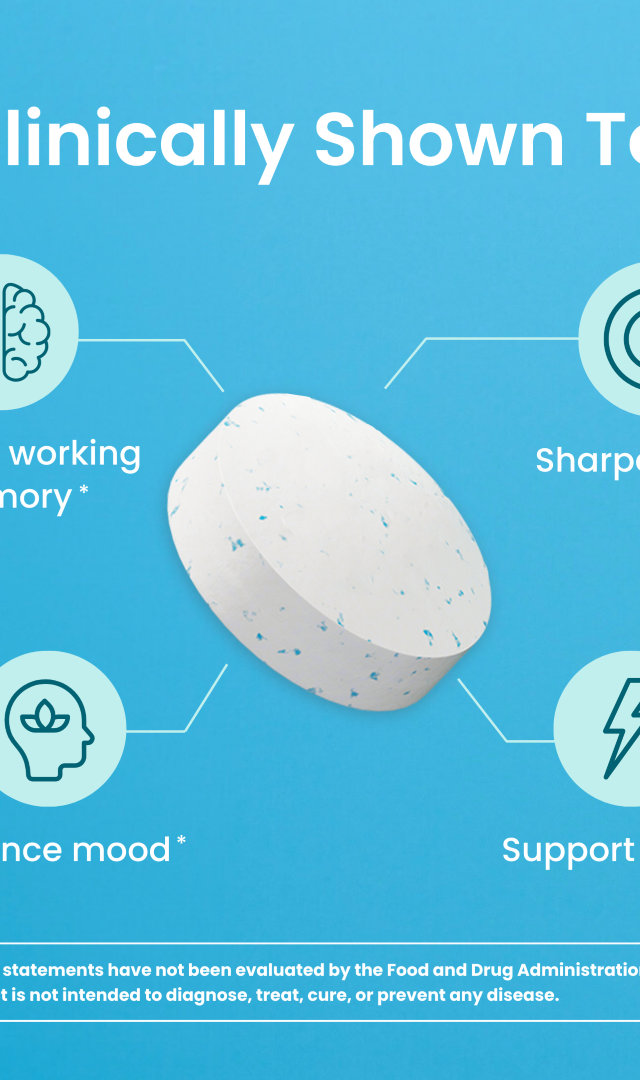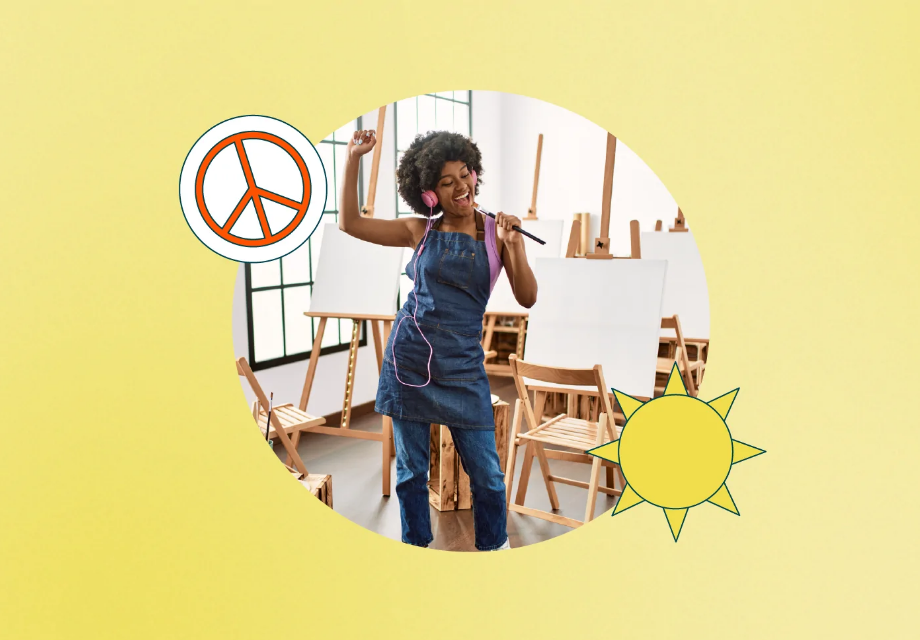Art has been a vital part in human existence for as long as we’ve existed. From the 40,000-year old cave paintings in Sulawesi, Indonesia to the modern splatter of Jackson Pollock, art gives you a glimpse of how things were in the past, as well as how these artists view the world around them. With different forms and movements emerging and evolving throughout history, it is safe to say that the arts have greatly impacted and are continuously impacting society.
Though, how is art defined? Subjectively speaking, it does not have an exact definition as it all boils down to how you view it. It could be something creative and meaningful or something you connect with – it is all up to you.
Whether it is visual arts or musicals, they have helped people in more ways than most of you think. Not only does art improve your physical health, but also your mental health. With that said, here are some reasons why art is beneficial to your brain.
Sparks creativity and imagination
If you think about it, art is limitless. You want to create something that has never been done before? Go ahead! No one is stopping you from making it. Let your imagination run wild.
Art helps you tap into your creative and imaginative side. It helps you view and experience your surroundings differently. Art from the Street also states that art engages your brain. It helps you look at life from different angles, formulate ideas, and transform them into something beautiful.
Fosters self-esteem
Have you ever listened to a song and thought, “this will surely make me feel unstoppable,” and continued your day confidently? If so, that is one of the benefits of the arts to the brain—boosts your self-esteem.
Art has a way of activating a certain chemical in your brain. Once you accomplish an art-related task, such as learning a song you love or finishing a painting, dopamine is released. According to an article from Art from the Street, dopamine does not only keep your brain up and running but also increases your self-esteem.
They also stated a study from the Multiple Sclerosis Association of America that focuses on this matter. It focuses on women with multiple sclerosis who partook in a creative art program. In this program, these women showcased an increase in their self-esteem as it provided them support and camaraderie among attendees.
Reduces stress
It is a no-brainer that art can help reduce stress. Countless research has been conducted to prove this point. If you are looking for ways to relieve stress, art is one of the options.
According to an article, partaking in art-related activities lessen your thoughts that spike up your stress. Think of it as a “healthy” way of distracting yourself from your thoughts. Creating and viewing art helps lower stress levels as it keeps your mind occupied.
Whether drawing, listening to music, or even visiting a museum, consuming art is a way to keep your stress levels low.
Enhances observation skills
As you are occupied with an art form, it also helps you enhance your observation skills.
Not only does art reduce stress, but it also helps you become more detail-oriented. Whether you are creating a sculpture or a painting, it helps you focus on every detail. It allows you to distinguish what should be added or removed.
Improves memory
There is a connection between art and memory. Making art increases your brain's connectivity and plasticity. This increase happens when you try something new and complex that your brain forms new connections among your brain cells.
This can be related to studies conducted on people with dementia. It is proven that creating art is beneficial to those with dementia as it helps them stimulate their brains.
As the saying goes, “if you do not use it, you lose it.”
Enhances problem-solving skills
Art teaches you to view the world from different angles. Through this, you can create multiple solutions to a problem. However, when coming up with a solution, your beliefs will sometimes be put to the test.
Art provokes your beliefs and prompts you to have an open mind when tackling problems in your life. Challenges are part of life. They are temporary, but if not solved immediately and efficiently, more problems will arise. Thus, possessing an open mind is a must.
Helps feel emotions
It is known that art evokes different emotions. Whether you are looking at a painting or watching a film, the emotion that the art is conveying resonates with you.
Viewing art increases different feelings and emotions, such as tolerance, empathy, and love. They stated that research conducted on students who visited a museum showcased heightened critical thinking, empathy, tolerance, and love.
Fosters appreciation
It is difficult to not fall in love with art, especially if you resonate with it. Just like art, beauty does not have an exact definition as it is for you to define it. Regardless if it is an abstract painting or a foreign song, as long as you appreciate it, it is enough.
Glancing at something that you find beautiful has positive effects on your brain. There is this appreciation for this art form that makes you feel in awe. Awe allows you to feel satisfaction and happiness, which would lead you to care more about others.
If you think about it, art is one of the things in life that makes people sane in this hectic world. People consume art daily without even knowing it. Art would not be possible if it was not for those people who took a huge step to create something that would be useful in the long run. With that, it is only fitting to thank all those people who produce art.





















